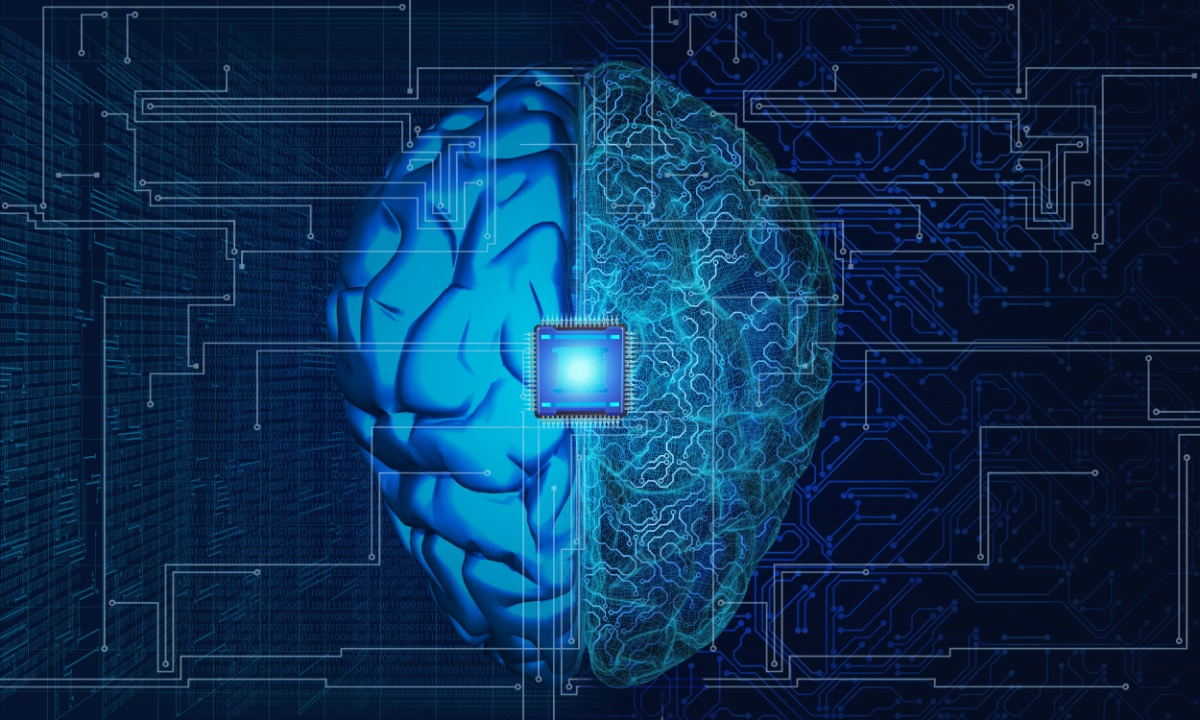OpenAI is reportedly in talks to invest in a new venture that aims to connect human brains with computers.
The venture, Merge Labs, seeks to raise $250 million at an $850 million valuation, and much of the funding is expected to come from OpenAI’s venture team, the Financial Times (FT) reported Tuesday (Aug. 12), citing unnamed sources.
OpenAI CEO Sam Altman has encouraged the investment and will co-found the venture, though he will not personally invest and will not be involved in its day-to-day operations, according to the report.
OpenAI did not immediately reply to PYMNTS’ request for comment.
The FT report said the new venture would compete with Elon Musk’s Neuralink, which was founded in 2016 and raised $650 million at a $9 billion valuation earlier this year.
When Musk launched Neuralink, it was reported that he wanted to develop a “neural lace” that would be surgically connected to a human brain and give a person the ability to connect with a computer without having to use a keyboard, mouse or trackpad.
One application explored by Neuralink includes how brain interfaces can relieve symptoms of chronic and dangerous medical conditions like epilepsy, severe depressive disorder and Parkinson’s.
Neuralink announced in June that it raised $650 million in a Series E funding round and said it had made significant progress toward building brain interfaces “to help restore independence and expand what’s possible for humanity.”
“Five individuals with severe paralysis are now using Neuralink to control digital and physical devices with their thoughts, marking a profound step toward helping restore independence,” the company said in a June 2 press release.
In April 2024, Tether, the company behind the stablecoin USDT, announced a $200 million investment that granted it a majority stake in brain-computer-interface technology firm Blackrock Neurotech.
Tether said at the time that Blackrock Neurotech is developing technologies that enable direct communication between the human brain and external devices and that the technology’s potential applications include helping people use only their thoughts to operate robotic arms, maneuver wheelchairs, surf the web or drive a car.
Paolo Ardoino, CEO at Tether, said “the Brain-Computer-Interfaces of Blackrock Neurotech have the potential to open new realms of communication, rehabilitation and cognitive enhancement.”
